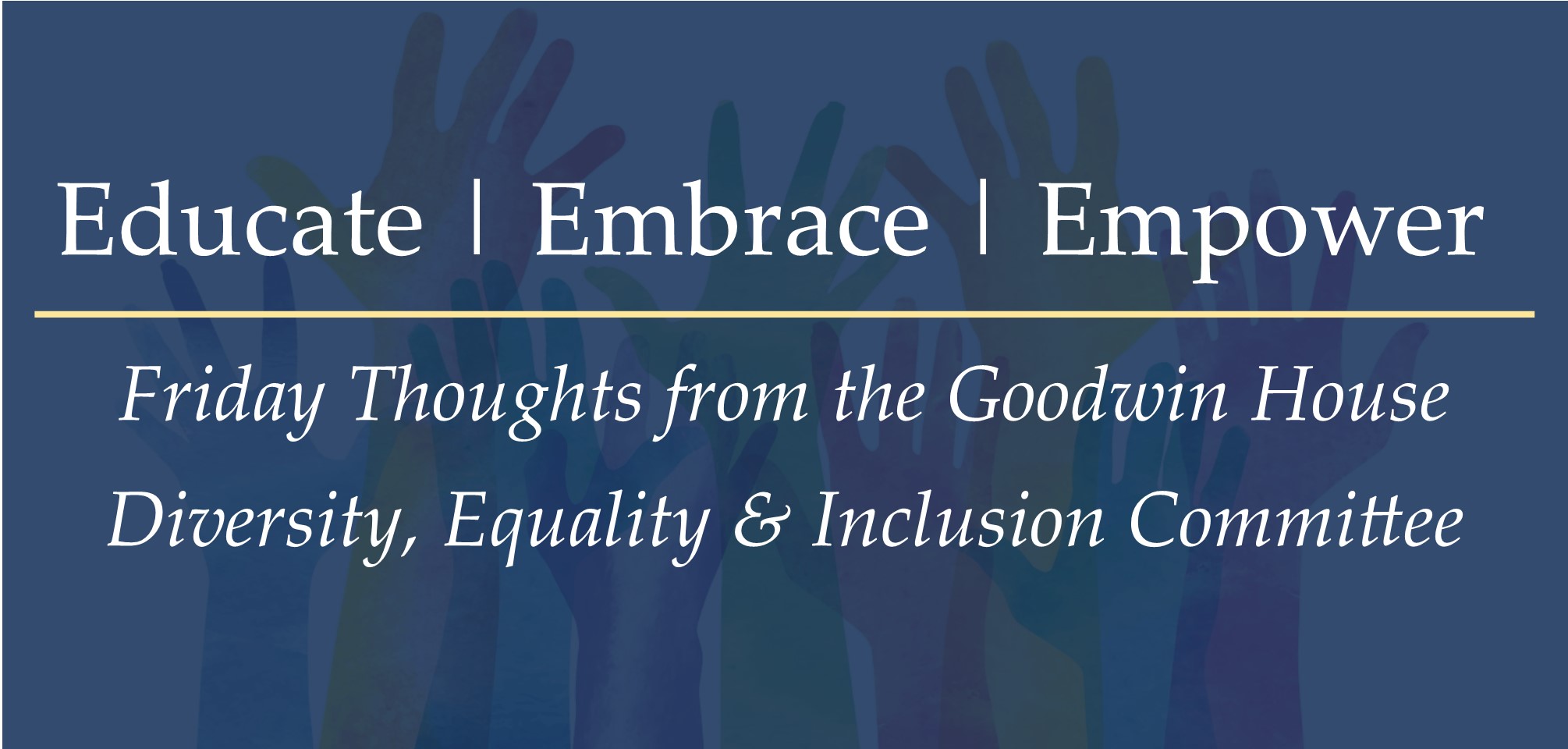
Diversity Equity Inclusion & Belonging - March 22, 2021
by Beth Kilgore-Robinson, LCSW
What do Jane Addams, Frances Perkins, Dorothy I. Height and Jeanette Rankin have in common? They were all social workers who paved the way for their profession and for women while making significant contributions to the lives and well-being of others.
Jane Addams was one of the first women to receive a Nobel Peace Prize, which was awarded to her in 1931. She is best known for establishing settlement houses for immigrants in Chicago in the early 1900s, and she was a dedicated community organizer and peace activist.
Frances Perkins was the first woman to be appointed to the Cabinet of the United States. Appointed by President Franklin D. Roosevelt to be Secretary of Labor, Perkins drafted much of the New Deal legislation in the 1940s.
Dorothy I. Height began her efforts as a civil rights activist at the age of 25, when she joined the National Council of Negro Women. Throughout her life, she fought for equal rights for both African Americans and women. During the 1930s, she was an activist against lynching and for reforms to the criminal justice system.
Jeanette Rankin, a politician and women’s rights advocate, was the first woman to hold a federal office in the United States. She was elected to the U.S. House of Representatives in 1916, and again in 1940.
Most people think of social workers as the person who comes to take children away and put them in foster care or the person who gives out food stamps. In fact, social workers are so much more than this. The social work profession was established in the U.S. during the late 19th century to ensure that immigrants and other vulnerable people gained tools and skills to escape economic and social poverty. Social workers believe that everyone has the right and potential to lead a productive and fulfilling life. They believe in the importance of human relationships in civil society, and that each person has dignity and worth. The National Association of Social Workers also notes, “The profession of social work helps people in their personal and interpersonal lives in order to achieve social improvement and pursues social change to benefit a wide variety of individuals, families and communities.”
Americans enjoy many privileges because early social workers saw injustices and took action regardless of the gender, race, faith or sexual orientation of those they sought to help. Today, social workers continue to advocate for the civil rights of all people. They speak out against abuse and neglect. They assist in unemployment insurance, disability payments, workers compensation and Social Security. They provide treatment to people with mental illness, substance addiction and developmental disabilities. And they advocate for the humane treatment of those populations and ensure economically disadvantaged, elderly and disabled people have access to health care services including Medicare and Medicaid.
March is Social Work Month, and I encourage you to acknowledge the great work of the social workers among our Goodwin Living residents and staff by honoring the dignity and worth of every human being.
______________
Beth Kilgore-Robinson is a social worker and Member Services Facilitator for Goodwin Living At Home. As a military spouse, she has provided social work services to adults, children and military members and their families in several states, as well as abroad in Germany and Italy. Many things have shaped her thoughts on race, culture, equality and humanness, including growing up in a home where her parents’ positive thoughts about being Black, their discussions on equality with her and her brothers and their spiritual education as it relates to being kind to others. Her hope is that individuals, households, neighborhoods, cities, states and the nation will begin to appreciate each person for who they are. She believes that being a part of the Diversity, Equity and Inclusion Committee is a great beginning and looks forward to expanding the “honor and uplift” we provide to each other, as we educate and learn from each other.
About the Diversity, Equality and Inclusion (DEI) Committee: We are a group of staff and residents who together serve a mission to educate, embrace and empower a workplace of diversity, equality and inclusion. Our vision is to seek open and honest communication and collaboration that will inform and celebrate the cultural, ethnicand sexual orientation of all members of our staff without bias.
